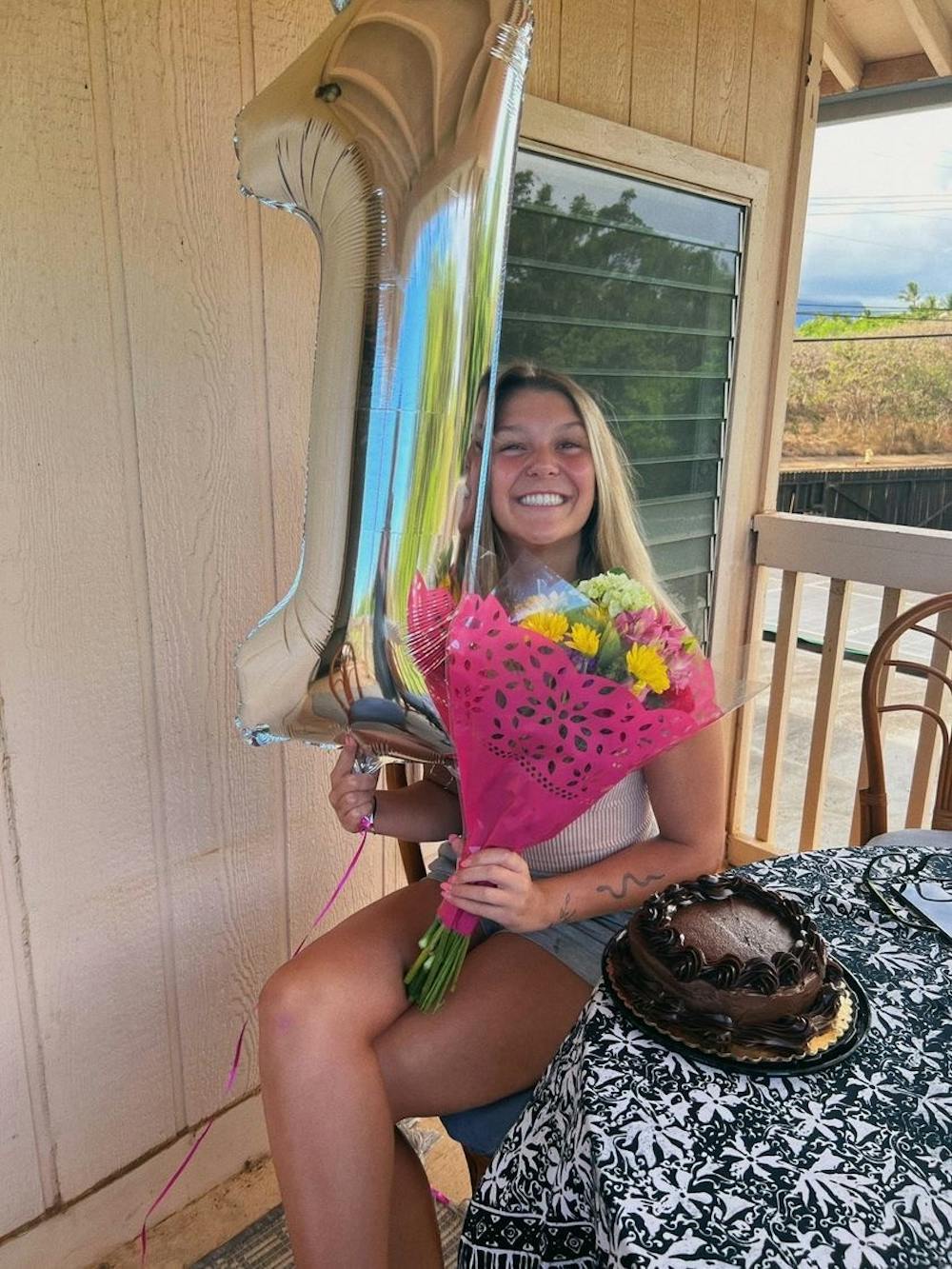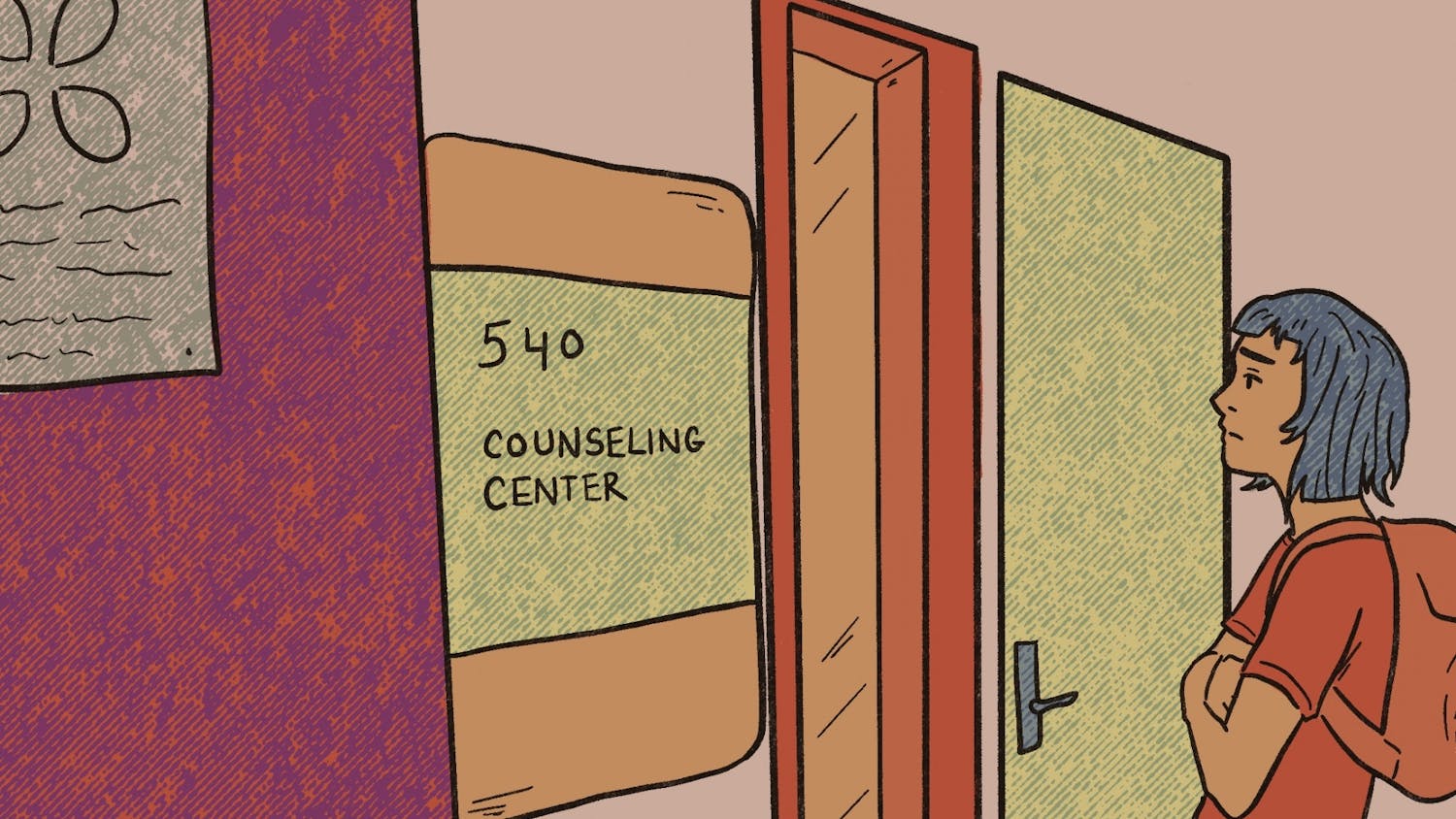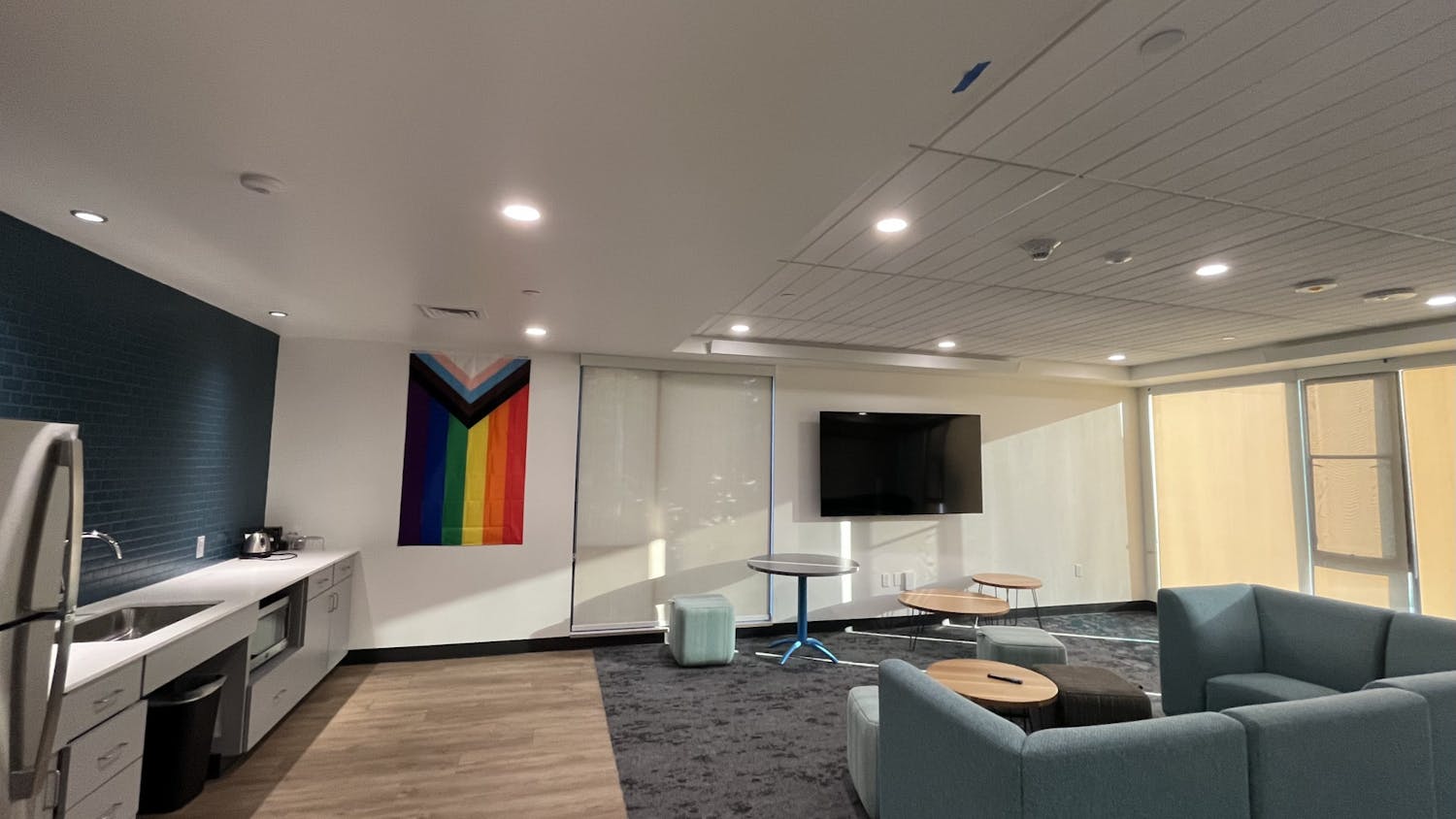Content Warning: This story discusses disordered eating.
Sophia Carter’s Instagram account is filled with smiling selfies and photos of friends. It’s also overflowing with authenticity.
Carter, a third-year Western Washington University student, uses Instagram to share her journey living with eating disorders since 2019. On her platform of more than 60,000 followers (@sophiaecarter), she posts unposed pictures, updates on her recovery and reassuring reels.
Ironically, Carter noted, Instagram influenced the beginning of her eating disorders.
“This is the app that ruined me. It feels like I’m taking my power back,” Carter said.
One of Carter’s main goals on the platform is to let other people know that they are not alone. Carter started out with only a personal Instagram account. Beginning to post about her eating disorders, she said, was terrifying because it meant admitting that she’s “not this perfect being.” Posting online, she said, showed her that she wasn’t alone because of her community.
Part of the vulnerability that Carter shares online is that her journey has not been linear.
“I still have my moments, but I can still show up and tell people that it’s going to be okay. I can still pull myself out of those moments and say: ‘Today was shit, but I’m here. And I’m fighting.’”
Carter said the biggest moment she realized she needed to make a change was when she couldn’t stop fainting during her volleyball practices.
“I wasn’t running, I was just standing in place and my body couldn’t support me,” Carter said.
Quitting volleyball in September of 2021 marked the start of her recovery process.
“Western saved my life,” she said.
Her coach at Western, she said, refused to allow her on the team and told her to involve her parents. While she originally thought that her eating disorder journey began in February 2021, later reflections helped Carter realize her eating disorder journey began back in 2019.
Marina Vile, a licensed professional counselor who specializes in eating disorders based in Vancouver, Wash., shed some light on why that might be.
“As people get older, they may experience pressure to be small or to fit into what others would like them to be and this can manifest as disordered eating,” Vile said.
Carter said people told her she didn’t have anorexia because she “didn’t look like it.” But because she was in volleyball, she had to hide it so she could continue playing.
“That’s the scary part,” she said. “No one had a single clue.”
Dr. Anna Ciao, head of Western’s Eating and Body Image Research Center, said that this is quite common for college students.
“Eating disorders can be underrecognized in folks who aren’t in the stereotype of what an eating disorder is,” Ciao said. “They can be missed by professionals, but they can also miss it within themselves. Eating disorders are very treatable, but recognition is key.”
For people who might be struggling on the healing journey, Carter has a few pieces of advice.
Carter was originally determined that her recovery process was going to be fast, but she said she’s realized that recovery is a long process. She recalled reading a quote that has stuck with her during this long process: “You never truly recover. It stays with you your entire life.”
“It’s not realistic,” Carter said. “[Disordered eating has] been ingrained in us for as long as we’ve been on social media.”
The one thing Carter wishes her audience would take away from her experience is that it’s OK to accept help.
“I can’t even put into words how amazing it is. I get hundreds of messages every day from 14-year-old girls telling me that I saved their life ... that I’m the only reason they still have Instagram. That is why I keep doing it,” she said.
Carter said she wants to be friends and connect with her followers.
“I’m still a normal 20-year-old. I don’t want to be put on this celebrity-level status because I’m not and I never want to be,” Carter said. “I want to be a safe person for everyone. If you see me, just come say hi.”






